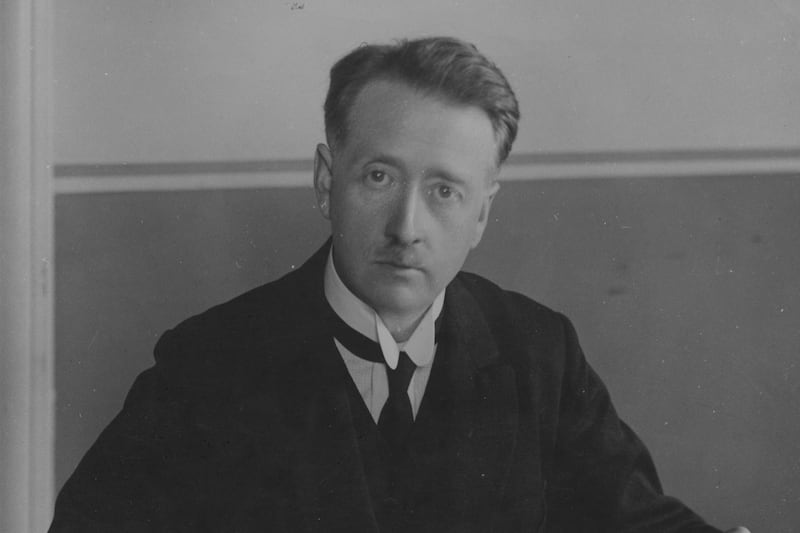December 9 1973
MANY questions are posed in the communique which followed the end, today, of the Sunningdale talks. We must await subsequent revelations from the respective delegations as to how they eventually agreed to the setting up of the Council of Ireland, and what bearing its powers will have on present problems, on the North’s future status and on the whole future of Anglo-Irish relations.
This much we have: an agreement arrived at between the Irish and British Governments and the representatives of the Assembly Executive designate which will be registered at the United Nations and will, therefore, have international status. It remains for the people of Ireland, North and South, to decide if their interests are wholly served by this agreement. For the moment, opinions about it must be clearly speculative, although Mr John Taylor has not hesitated to declare that the agreement is “a major step towards Irish unity”.
That will be the natural disposition of loyalists. They have refused to acknowledge the choice confronting them between having a power-sharing executive and a Council of Ireland, both arrived at by agreement, or being left in the exterior darkness into which their attitudes have driven them.
The significance of the agreement has in no way been minimised by some of those who took part in the prolonged discussions and there is wide recognition of its potentialities for change of attitudes in Ireland. But is an agreement which only makes sense if it is a step towards the settlement of the final issue of reunification which must be arrived at by similar agreement and a willingness to reach accommodation.
Just as the Anglo-Irish Treaty, signed in the same small hours of the morning of December 6 fifty-two years ago, was seen by Lord Pakenham (in his book “Peace by Ordeal”) as “the greatest step forward yet in Irish emancipation”, the new Council of Ireland can provide the means for the completion of that emancipation in a countrywide degree.
Although Mr Cosgrave [Liam, Taoiseach] said after the agreement that “none of us has compromised”, it is obvious that there has been a good deal of give and take. The communique obscures in many ways the real bases of agreement on law and order, policing and the like; but the terms will soon become clearer.
It is difficult, for instance, to discover by what precise formula the Irish Government has reassured Mr Faulkner [Brian, Ulster Unionist Council leader] and his fellow Unionists that, whilst maintaining the Irish national view that the national territory is the island of Ireland, it accepts the reality of a Six-County state. If this is the recognition Mr Faulkner wants, then Unionists have had it all along. He himself has visited Dublin as a Minister and been received as such in Dublin. Is this not recognition?
Mr Heath [Ted, British Prime Minister] has been even more reassuring to Mr Faulkner. “The status of Northern Ireland will not be changed without the consent of the people of Northern Ireland” and this… "is the first occasion on which an Irish Government has made such a statement and given it international status”…
We have only the bald terms of the communique on the agreement for present judgement, but at least it can be said that the delegates at Sunningdale have succeeded in providing accommodation for each other’s views. The words and formulas of their agreement will become clearer within the next few days.
(Irish News editorial welcomes the just-signed Sunningdale communique between the British and Irish governments and Assembly Executive-designate members from the Ulster Unionist Council, the SDLP and the Assembly Party.)








